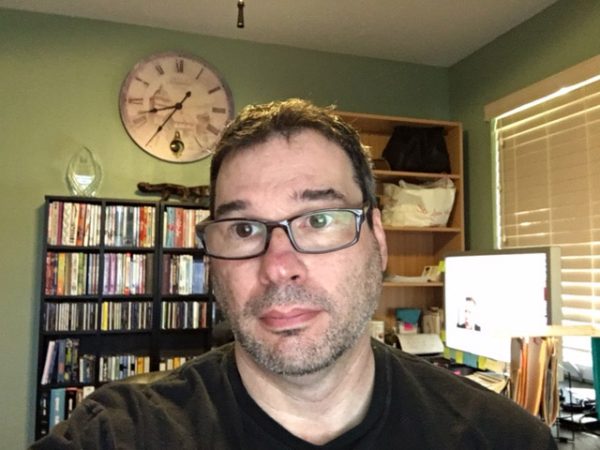There’s an age-old adage in the writing biz:
“Write what you know.”
This advice is suspect for a number of reasons, not the least of which is that it’s difficult to apply as a science fiction/fantasy author. Tolkien didn’t “know” Middle Earth, not in the personal sense. And Anne McCaffrey probably never actually made it to Pern (though it would be really cool if she had).
But the core sentiment of this adage is good – you need to do the research and get your details right.
What about our characters, though? As an author, I draw on people I know and have met to create the personalities who populate my stories. Usually it’s a wisp here and a bit there… little sprinkled-in details that help the characters come alive. But for some stories, I have borrowed far more liberally from my friends and family. And that’s how I got myself into trouble.
It all started out well enough. I decided to create a character based on someone close to me, kind of a tribute to them in fiction. I made sure to get all the details right – the ethnicity, the city, the job, even the kind of coffee they liked (with a slight shift to make it fiction, of course).
I was quite proud of myself, until the person read it and said “I’m not in the story. It’s not me.”
I was incredulous. “Of course it’s you,” I said. “Look – all the details are there. They even drink your coffee!”
“It doesn’t feel like me.”
As an author, this is one of the harshest critiques that you can receive – that a character or story isn’t authentic. It’s as if you’re Dr. Frankenstein, and you’ve pulled together all the bits and pieces to make a beautiful monster. You flick the switch, and then… nothing. Your monster is dead.
I railed against this diagnosis. The character had a good heart, I argued. They had other things in common with their flesh-and-blood-counterpart. I had the best of intentions.
“It’s not me.”
This simple statement forced me to do some soul searching. In the end, I realized they were right. In my Frankensteinian attempt to create the character, I’d missed the mark entirely. Not only that – I had hurt the person I was trying to capture in my work.
I had gotten the surface details of the character right, but I had missed the heart of what made this person who they were. I had grafted those details onto a character who had a different history, and who as a result, become a very different person.
I had made a casserole, and was trying to pass it off as apple pie.
When we write, we are capturing bits and pieces of the world and people around us and putting them in a time capsule for future generations. We do this willingly and knowingly, but sometimes we forget that there’s a real world out there too, and that our writing has an impact.
It’s not always the one we intended, and our choices in how we portray that world can cause real damage.
I’ve learned that lesson the hard way. And it has taught me to be a bit less cavalier when playing with the lives of those I love.
Do you write people who are in your life? Or are you careful to only write who you don’t know?

